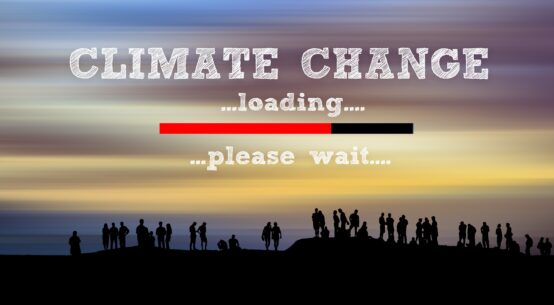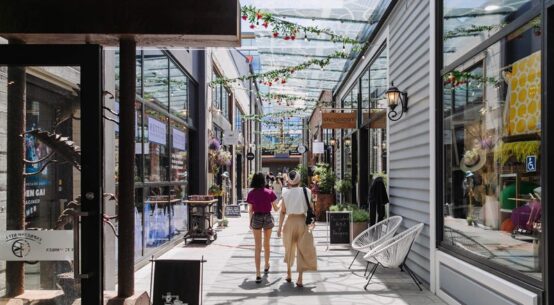
Otautahi – The Waimakariri area north of Christchurch is about to totally change, literally.
Its major urban towns Rangiora, Kaiapoi, Oxford, Woodend and Pegasus are about to be joined by a new-age subdivision explosion of Ravenswood. Greater Christchurch, one of Aotearoa’s earliest cities, is expanding faster than ever before.
Construction is so well under way for the new industrial precinct, named after Rev. John Raven, one of the first settlers in the district. He arrived from England on the Minerva ship on February 2, 1853.
Ravenswood’s first big tenants were BP, McDonald’s and New World and they are sparking growth for the new town opposite Pegasus, close to state highway one.
More land will be needed in the areas as Christchurch’s greater population jumps to unprecedented levels over the next few decades.
The Waimak, a local slang abbreviation for the district’s river, but now the land area north; is expected to grow its population to at least 100,000 by 2050. It’s a chilling thought; though quite in line with the Maori translation of Waimakariri which means cold, rushing water.
Next growing steps will be another high school near Ravenswood because of the accelerating population. Rangiora High School to the west has a role of almost 1700 students, one of the biggest schools in the South Island.
Rangiora has seen growth on growth population increase, with some census areas figures leaping almost tenfold between 2006 and 2018.
The district has not seen the same financial impact of the covid pandemic as many other districts across New Zealand due to a comparatively small exposure to the loss of international tourism.
Before the global health crisis, there were 1.2 million international visitors to Canterbury for the year to June 2018. Waimakariri captured an exceedingly small fraction of that – 10,020 international visitors.



